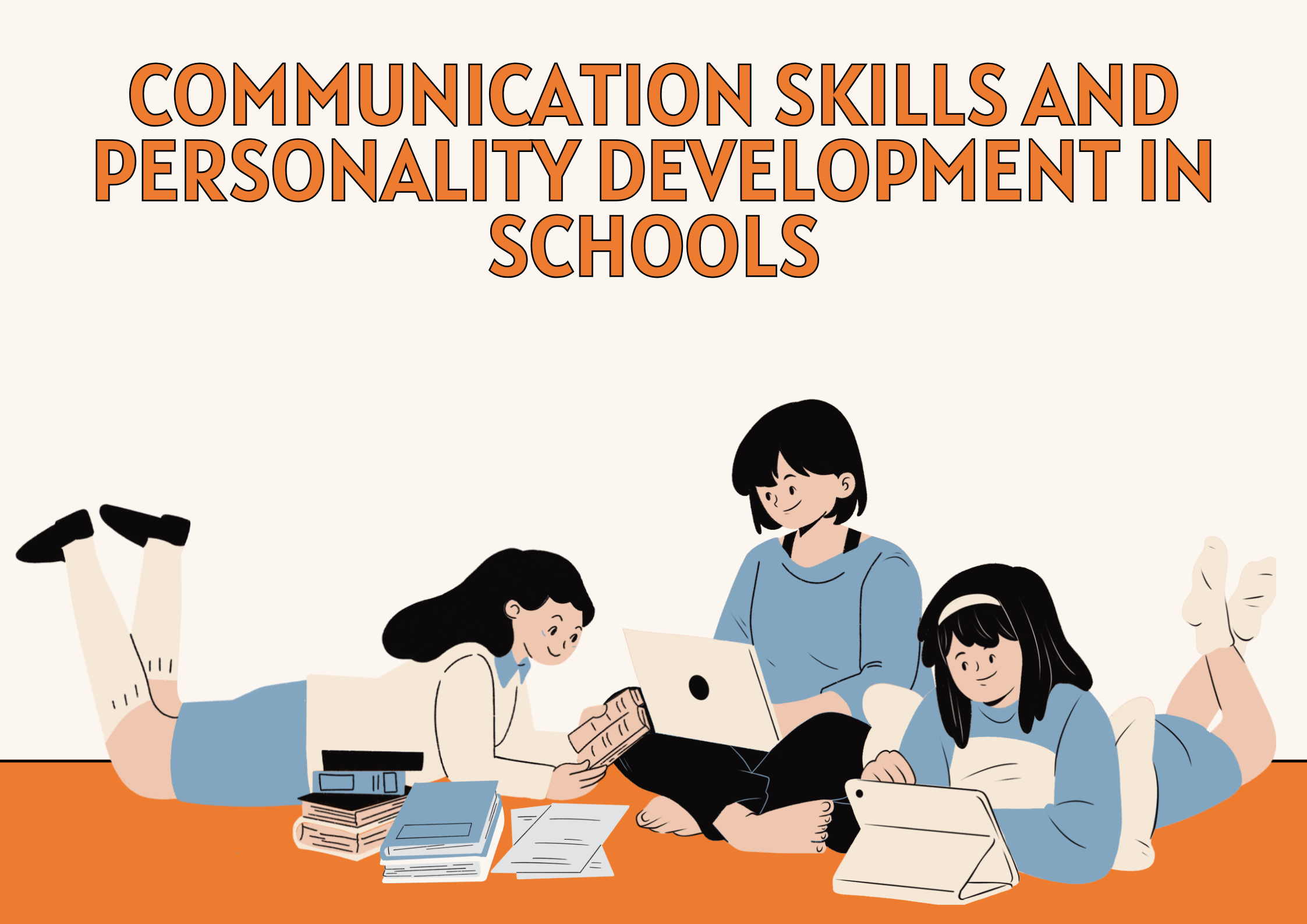Bullying in schools is a growing concern that affects students across all age groups. It involves repeated aggressive behavior intended to hurt or intimidate another student, and it can occur physically, verbally, socially, or even digitally through cyberbullying.
Children who are bullied often suffer in silence, making it essential for parents, teachers, and school administrators to be vigilant in identifying signs and taking action to prevent long-term harm.
In environments like boarding schools in Dehradun, the issue of bullying in schools requires special attention due to the residential setting.
Institutions such as Shri Ram Centennial School Dehradun take proactive steps to foster a safe and inclusive atmosphere by implementing strict anti-bullying policies, awareness programs, and regular counseling sessions for both students and staff.
Recognizing the Signs of Bullying in Schools

Not all children openly talk about being bullied. It’s important to recognize subtle behavioral and emotional changes that may signal trouble. Common signs include:
- Sudden withdrawal from friends or social activities
- Declining academic performance
- Unexplained physical injuries
- Changes in eating or sleeping patterns
- Increased anxiety or fear of going to school
Teachers and parents must communicate regularly and watch for these signs to intervene early. The earlier bullying in schools is detected, the sooner support can be provided to the child.
The Emotional and Academic Impact of Bullying

The effects of bullying in schools can be severe and long-lasting. Victims often experience depression, low self-esteem, and a sense of helplessness.
These emotional challenges can manifest as poor academic performance, absenteeism, and even school dropout. In some cases, the trauma can affect a student’s mental health well into adulthood.
Moreover, bullying doesn’t only impact the victim. Bystanders and even perpetrators can face psychological consequences, leading to a toxic school environment if left unaddressed.
Schools must promote kindness, empathy, and mutual respect to break this cycle.
Addressing the Root Causes of Bullying

To effectively reduce bullying in schools, it’s important to understand the reasons behind such behavior. Some children bully others due to:
- Insecurity or low self-worth
- A need to feel powerful or dominant
- Lack of empathy or exposure to aggressive behavior at home
- Peer pressure or the desire to fit in with a group
When schools take time to identify these root causes, they can provide targeted support and rehabilitation for the aggressors as well, preventing repeat incidents.
How Schools Can Support Students

Creating a bullying-free environment requires a multi-pronged approach. Schools should:
- Implement and enforce a clear anti-bullying policy
- Educate students on the types and consequences of bullying
- Create safe reporting channels for victims and bystanders
- Encourage peer mentorship and support groups
- Provide regular counseling and mental health support
Shri Ram Centennial School Dehradun, for instance, encourages open dialogue between students and teachers. They host regular workshops to empower students to speak up and support one another, fostering a community of trust and accountability.
What Parents Can Do
Parents play a crucial role in combating bullying in schools. By maintaining open communication with their children and building a relationship based on trust, they make it easier for their child to report any troubling experiences. If bullying is suspected, parents should:
- Listen without judgment
- Document the details
- Inform the school authorities
- Collaborate with counselors and teachers
It’s equally important for parents to teach their children empathy, respect, and assertiveness from an early age. These values reduce the chances of their child becoming either a victim or a bully.
Conclusion
Bullying in schools is a serious issue that demands attention, empathy, and action. From recognizing the signs to supporting students emotionally and academically, every stakeholder has a role to play.
Schools like Shri Ram Centennial School Dehradun demonstrate that with a thoughtful and inclusive approach, it’s possible to create a safe and nurturing environment for all students.
Addressing bullying in schools is not just about discipline—it’s about creating a culture where every child feels seen, heard, and valued.









